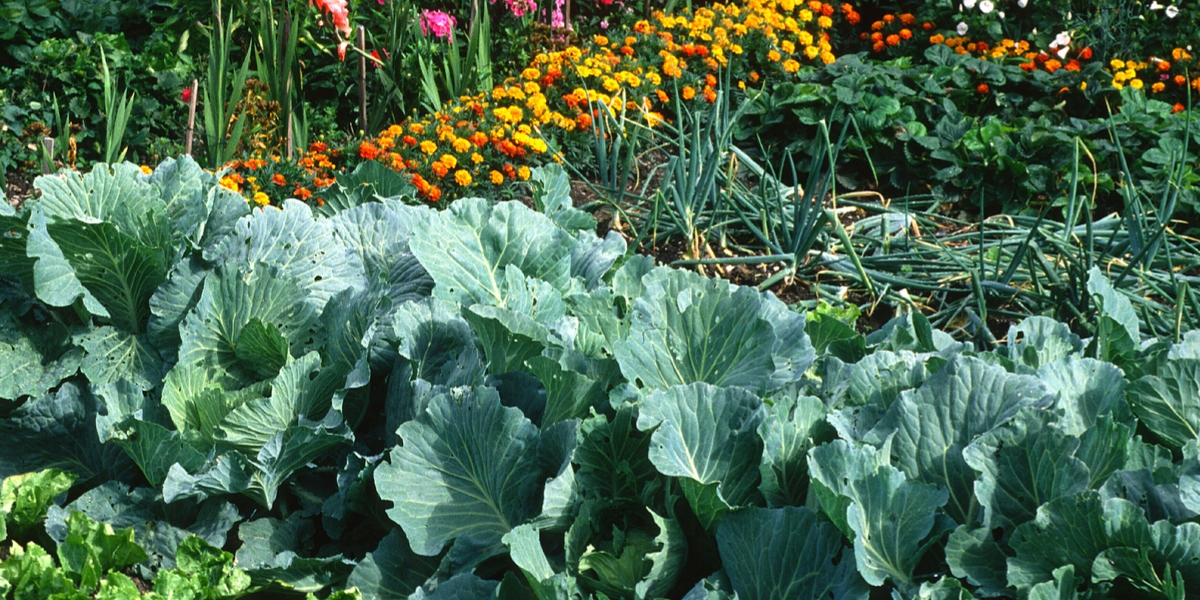When it comes to maintaining a successful raised garden, proper fertilization is key. By providing your plants with the necessary nutrients, you can ensure they thrive and produce a bountiful harvest. Fertilizing a raised garden doesn’t have to be complicated or time-consuming. With the right techniques and products, you can easily keep your plants healthy and vibrant.
One of the most important steps in fertilizing a raised garden is to choose the right type of fertilizer. There are many options available, including organic and synthetic fertilizers. Organic fertilizers, such as compost or manure, are a popular choice for many gardeners because they are natural and environmentally friendly. Synthetic fertilizers, on the other hand, are formulated with specific nutrients to meet the needs of different plants.
Before applying fertilizer to your raised garden, it’s important to test the soil to determine its pH levels and nutrient content. This will help you choose the right type and amount of fertilizer to use. Once you have this information, you can then apply the fertilizer according to the instructions on the packaging. Be sure to water your garden thoroughly after applying the fertilizer to help it penetrate the soil and reach the roots of your plants.
For best results, it’s recommended to fertilize your raised garden throughout the growing season. This will help ensure that your plants have a steady supply of nutrients to support their growth and development. You can apply fertilizer every 4-6 weeks, or as needed based on the condition of your plants and soil. Regular fertilization will help keep your plants healthy and productive, leading to a successful harvest.
In addition to fertilizing your raised garden, it’s also important to practice good gardening techniques, such as proper watering and weed control. By creating a healthy and balanced environment for your plants, you can help them thrive and resist pests and diseases. With a little care and attention, your raised garden will flourish and provide you with a beautiful and bountiful harvest.
In conclusion, fertilizing a raised garden is essential for the health and success of your plants. By choosing the right fertilizer, testing your soil, and applying the fertilizer properly, you can ensure that your plants receive the nutrients they need to thrive. With regular fertilization and good gardening practices, your raised garden will flourish and provide you with a plentiful harvest.
